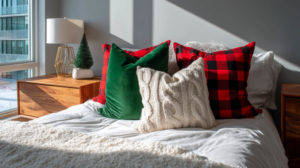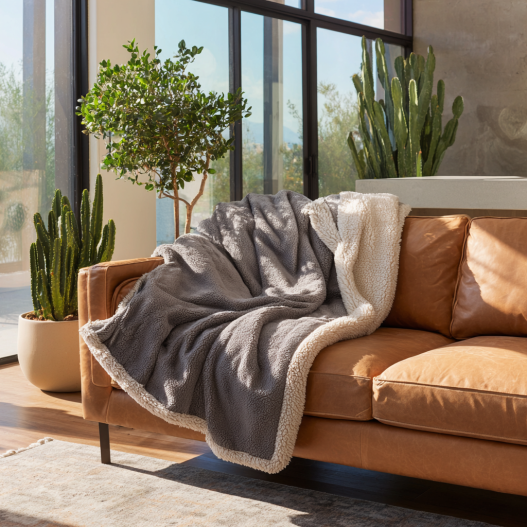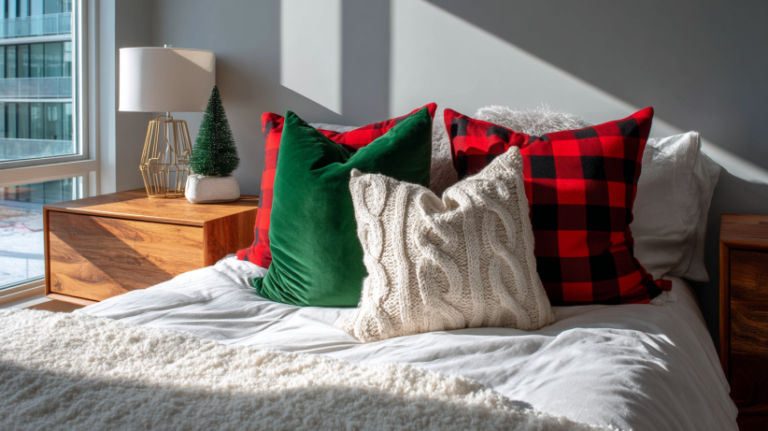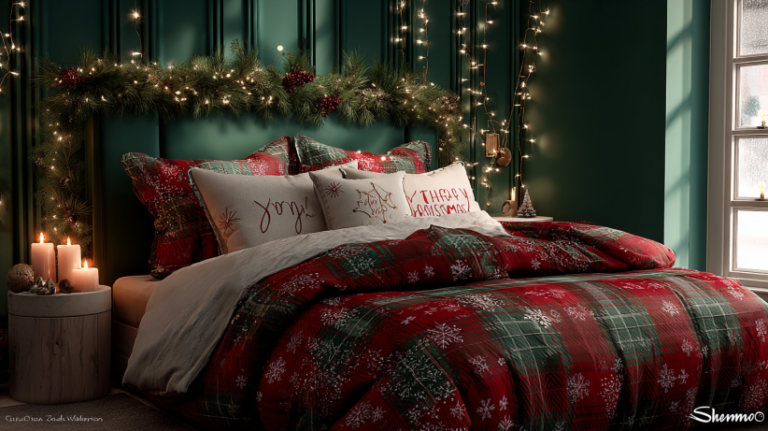Bed Sizes: How to Choose the Right Bed Size in 2025
Understanding bed sizes is essential for finding the perfect sleep setup. From room space to sleeping habits, the right size ensures restful nights.
Key Takeaways: Bed Sizes
Choosing the right bed size balances comfort, available space, and your long-term needs. Here are the main takeaways:
- Learn the dimensions and benefits of all standard bed sizes
- Evaluate 7 key factors to match the right bed to your lifestyle
- Balance comfort, space, budget, and future flexibility with confidence
Understanding Bed Sizes
Bed sizes vary to suit different lifestyles, body types, and room layouts. The right size provides comfort, space efficiency, and compatibility with your room design.
According to Sleep Foundation’s guide, mattress size differences (Twin, Queen, King, etc.) are standardized to help consumers choose. (Sleep Foundation)
Here’s a breakdown of standard U.S. mattress dimensions:
- Twin (38″ × 75″) – Ideal for children, small guest rooms, or compact spaces.
- Twin XL (38″ × 80″) – Adds extra legroom; often used in college dorms.
- Full / Double (54″ × 75″) – Good for solo sleepers wanting more width.
- Queen (60″ × 80″) – Most popular; balances space and versatility.
- King (76″ × 80″) – Offers maximum width for couples; works well in larger rooms.
- California King (72″ × 84″) – Slightly narrower but longer – ideal for tall sleepers.
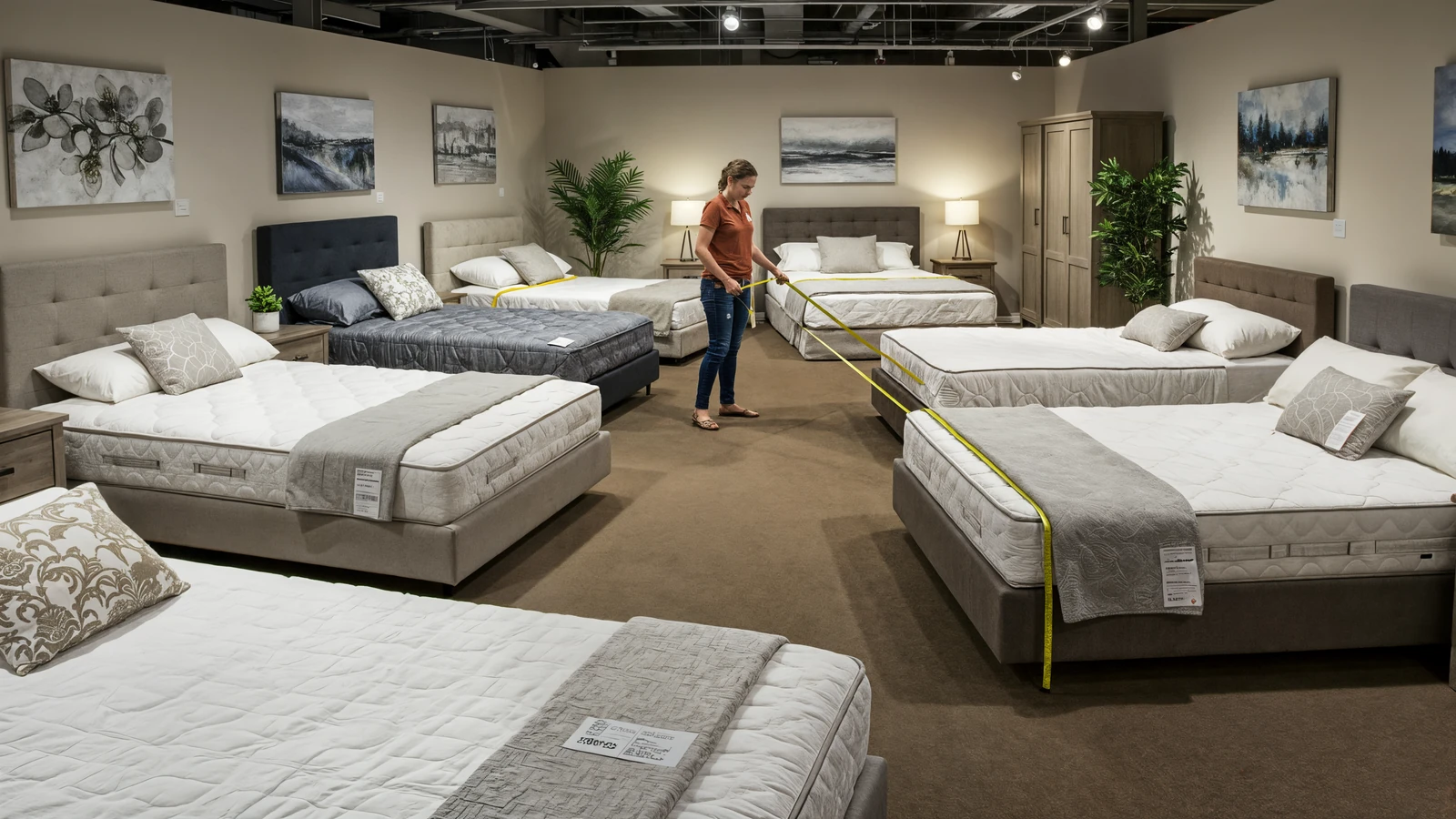
Knowing your bed size options is the foundation of choosing a great night’s sleep. Match the dimensions to your space and lifestyle for maximum comfort.
7 Key Factors to Choose the Best Bed Size
The right bed size depends on room layout, sleep habits, and future needs. These 7 factors simplify your decision-making process:
1. Room Size and Layout
Begin by measuring your entire room. A good rule of thumb is to leave at least 24 inches (2 feet) of walking clearance on all sides. If a bed fills the room with no breathing room, you’ll lose functionality.
For help designing around your bed frame, refer to our bed frame dimensions guide.
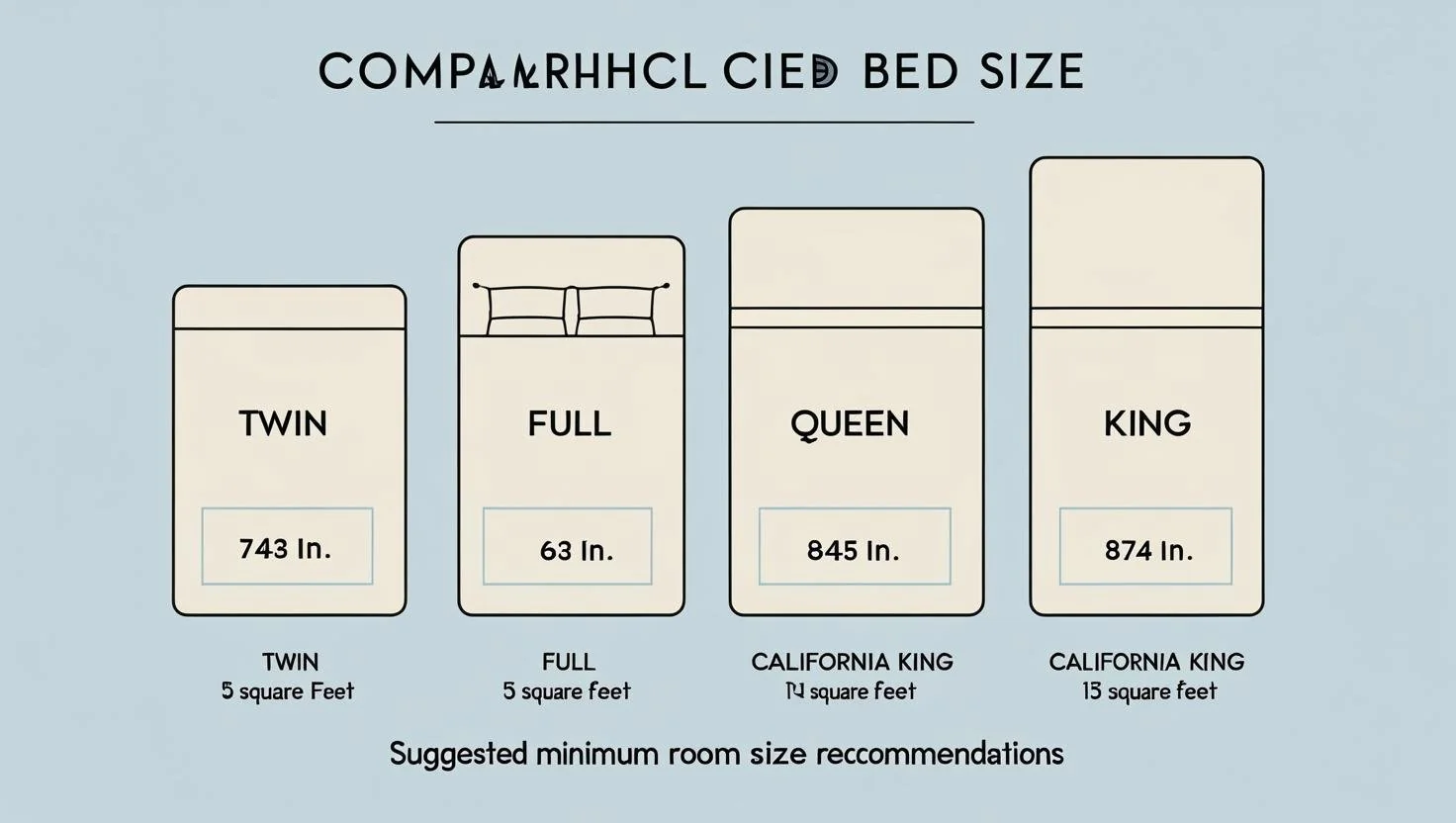
2. Sleeping Partner(s)
If you share a bed, space matters. A Queen or King provides more breathing room and reduces disturbances from movement.
Check out Sleep Foundation’s comparison of mattress sizes for couples.
Also, explore design inspiration on Parachute Home.
3. Body Size and Sleep Preferences
Taller or broader individuals often benefit from King or California King. Side sleepers may prefer wider beds to avoid elbow compression. If you sprawl or move a lot, opt for a larger size to allow freedom.
4. Future Needs and Versatility
Consider your life changes—e.g. moving, sharing with pets or children, etc. A small bed (Twin) may quickly become limiting. Buying a bed size with flexibility can save you future replacement.
5. Budget Considerations
Larger beds come with higher costs: frames, bedding sets, delivery, accessories. Queen often hits a “sweet spot” for value and availability.
6. Mattress, Bedding & Accessory Availability
Queen and King sizes tend to have the widest selections in mattress styles, sheet sets, protectors, and accessories. California King and niche sizes sometimes have more limited options.
For eco-conscious options, see our guide on eco-friendly bedding choices.
7. Mobility & Ease of Moving
Full and Queen sizes are easier to transport through hallways or staircases. Large beds like King or California King may require split designs (e.g. split King) for easier maneuvering.
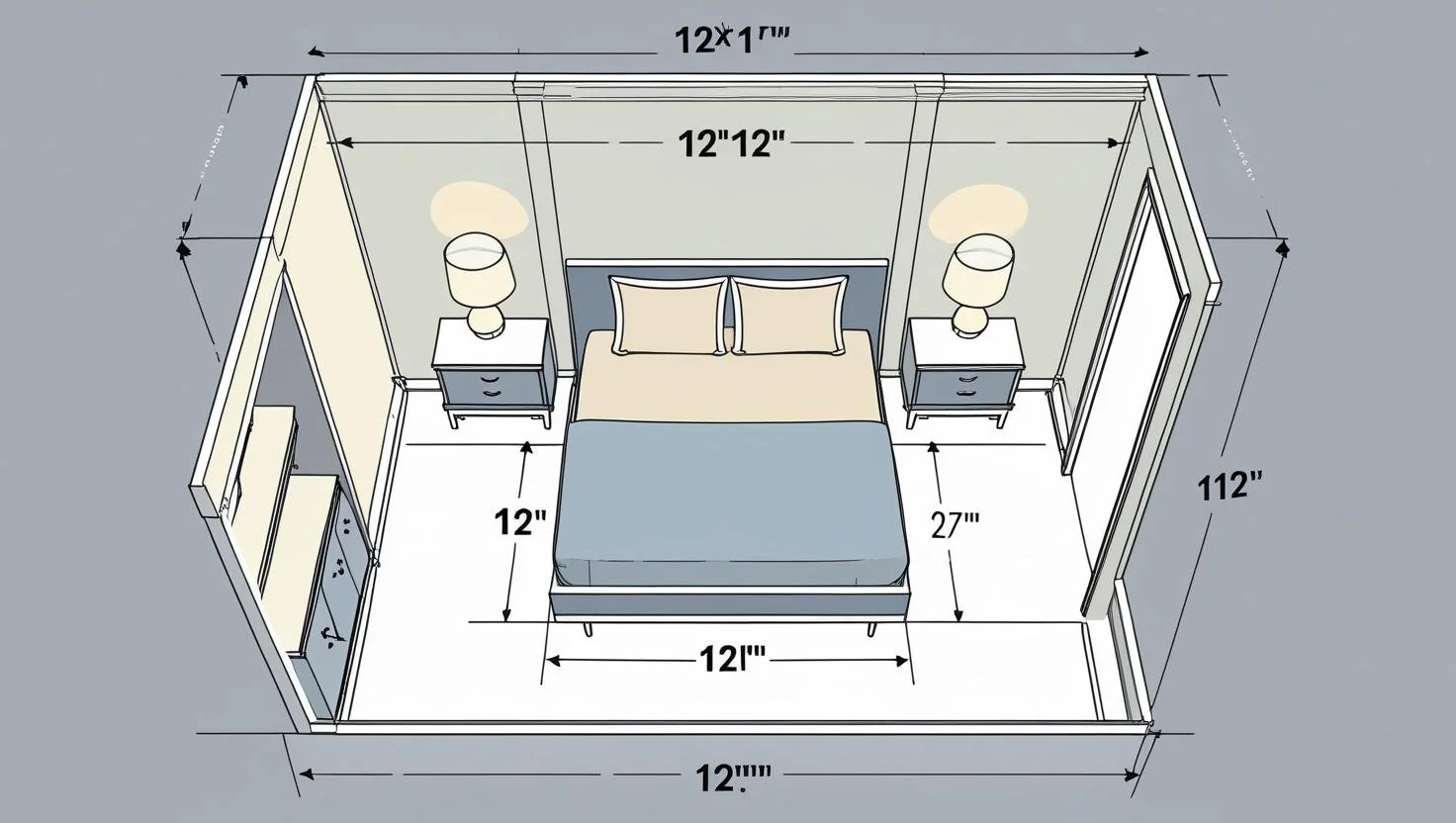
Eco-Friendly vs. Conventional Bedding: Why It Matters for Bed Size
Beyond dimensions, material and sustainability can influence how your bed feels and wears over time.
- Eco-friendly materials such as organic cotton, bamboo, or TENCEL tend to have better breathability and durability.
- Conventional synthetic blends may degrade faster, leading to sagging or poor fit over time.
- Eco-friendly bedding brands often design fitted sheets to accommodate mattress thickness, which can improve the fit for larger beds.
When choosing a bed size, factor in the ecosystem of bedding you’ll use—including mattress thickness, topper, and sheet pocket depth.
Additional Resources
- Mattress Sizes 101 – Sleep Foundation
- 37 Bedroom Decorating Ideas – Parachute Home
- Bedroom Design Ideas – Architectural Digest
- Ultimate Guide to Bed Sizes (Internal)
- Bed Frame Dimensions Guide (Internal)
- Eco-Friendly Bedding Choices (Internal)
FAQ
- What is the most popular bed size?
- The Queen size is the most popular due to versatility, comfort, and sheet availability.
- Is a Full bed enough for two people?
- A Full can work for two, but it may feel tight—Queen or King is more comfortable for regular use by couples.
- How do I know which bed size fits my room?
- Measure your room and ensure at least 24 inches of clearance on each side. Use painter’s tape to visualize the bed footprint.
Choosing bed sizes wisely ensures better sleep, longevity, and adaptability. For more in-depth comparisons, visit Cozy Bed Quarters and explore all our bed-size–related guides.
Related Reading
Internal (Cozy Bed Quarters):
– Ultimate Guide to Bed Sizes
– Bed Frame Dimensions Guide
– Eco-Friendly Bedding Choices
External (Approved):
– Mattress Sizes 101 – Sleep Foundation
– 37 Bedroom Decorating Ideas – Parachute Home
– Bedroom Design Ideas – Architectural Digest



